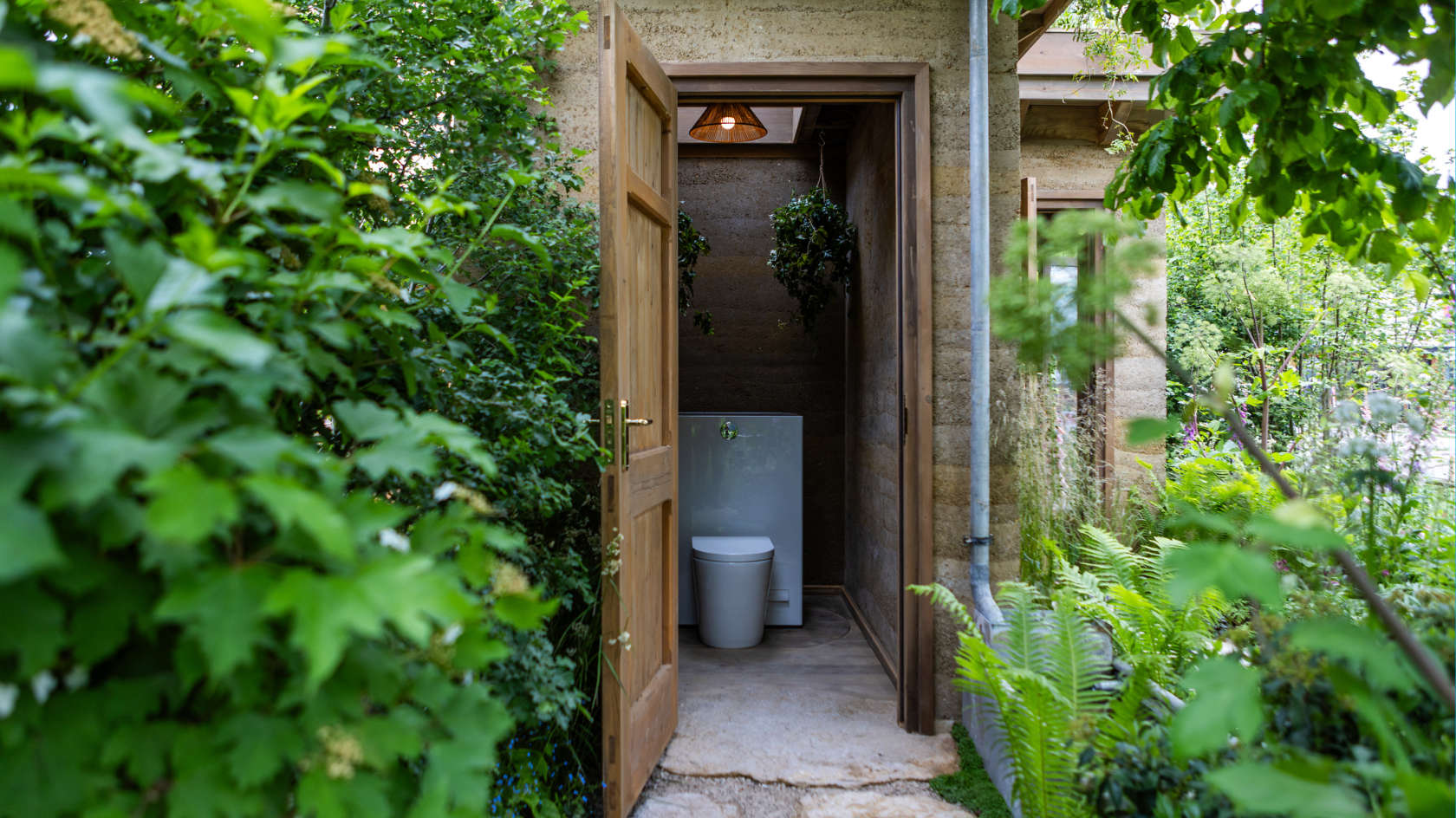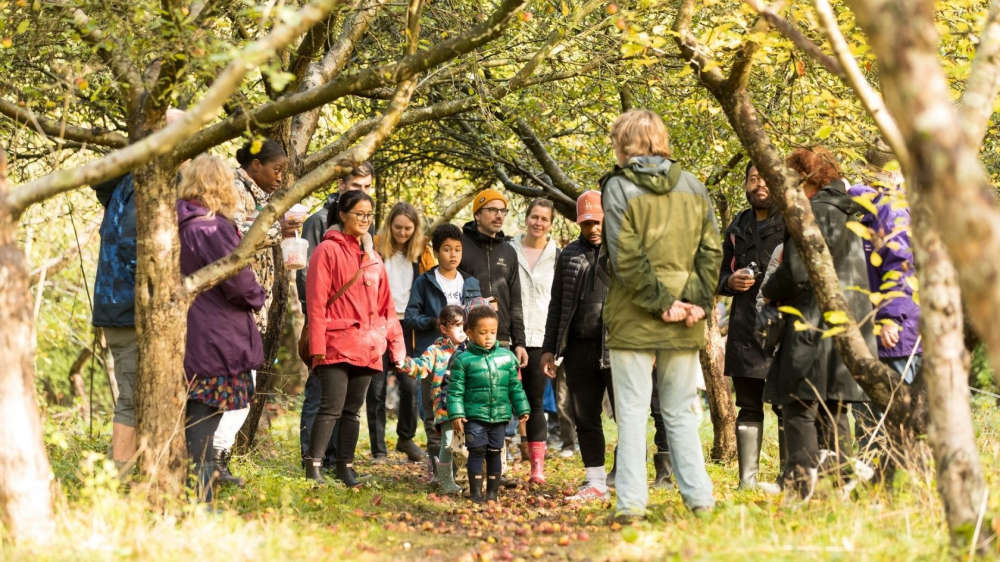
Cranfield University showcases groundbreaking toilet technology at RHS Chelsea Flower Show.
An innovative toilet technology developed by experts at Cranfield University features in the Gates Foundation’s Garden of the Future at the 2025 RHS Chelsea Flower Show. Designed by award-winning team Butler & Parker, the garden features Cranfield’s Circular Toilet, a compact and self-contained off-grid system which processes waste on-site
The gold medal winner, Garden of the Future spotlights climate-smart planting and innovations from around the world that help communities adapt to a changing climate. As one of the show’s only edible gardens, it includes climate-resilient crops such as sweet potato, chickpea and pigeon pea plants that could become more common in UK gardens as our climate evolves.
But one of the garden’s most unexpected features is the Cranfield Circular Toilet, a compact, self-contained sanitation system that represents a radical rethink of toilet technology.
“It’s not every day you see a toilet in a garden at the Chelsea Flower Show. This is a brilliant example of research and engineering which has a real-world impact and could have applications across the world to improve sanitation,” said Professor Leon Williams, Director of Manufacturing and Materials at Cranfield University. “The Circular Toilet draws on Cranfield’s expertise in advanced manufacturing, systems integration and sustainable design to reimagine the toilet. It’s hugely rewarding to see our work showcased at such a prestigious event.”
A Toilet for the Future
Developed at Cranfield University, the Circular Toilet processes waste on-site, without the need for connection to sewers or septic tanks. It separates solid and liquid waste and uses advanced membrane filtration and thermal treatment to produce two safe, useful byproducts:
- Pathogen-free biochar fertiliser, a charcoal-like material that improves soil health and retains nutrients.
- Clean, non-potable water, suitable for garden irrigation.
The system offers a climate-resilient, off-grid solution for safe sanitation, especially in areas where infrastructure is limited or under stress from extreme weather.
Doulaye Kone, Director of Water, Sanitation and Hygiene at the Gates Foundation said: “Nearly half the world's population lacks access to safe sanitation – a crisis that impacts health, education and economic opportunity, especially for women and girls. A warming climate is compounding these challenges, making the need for innovative, water- efficient sanitation solutions more urgent than ever.
Technologies like the UK-developed Cranfield Circular Toilet are helping us reimagine what’s possible as we advance our goal to enable widespread use of safe, sustainable sanitation services to help drive positive health, economic, and gender equality outcomes for the world’s poorest people.” Dr Matt Collins, Senior Lecturer in Product Design Engineering at Cranfield University added: “The Circular Toilet has been shaped through years of research into water efficiency, pathogen elimination, and sustainable design, factors that are becoming increasingly vital as urbanisation, water scarcity, and climate stress intensify.”
Cranfield University and the Gates Foundation
The Gates Foundation has been at the forefront of sanitation innovation for nearly 15 years, supporting technologies that treat waste at the source, eliminate pathogens, and can operate independently of traditional infrastructure. Cranfield has played a key role in that global effort, applying engineering and environmental expertise to build systems that are clean, safe and scalable.















